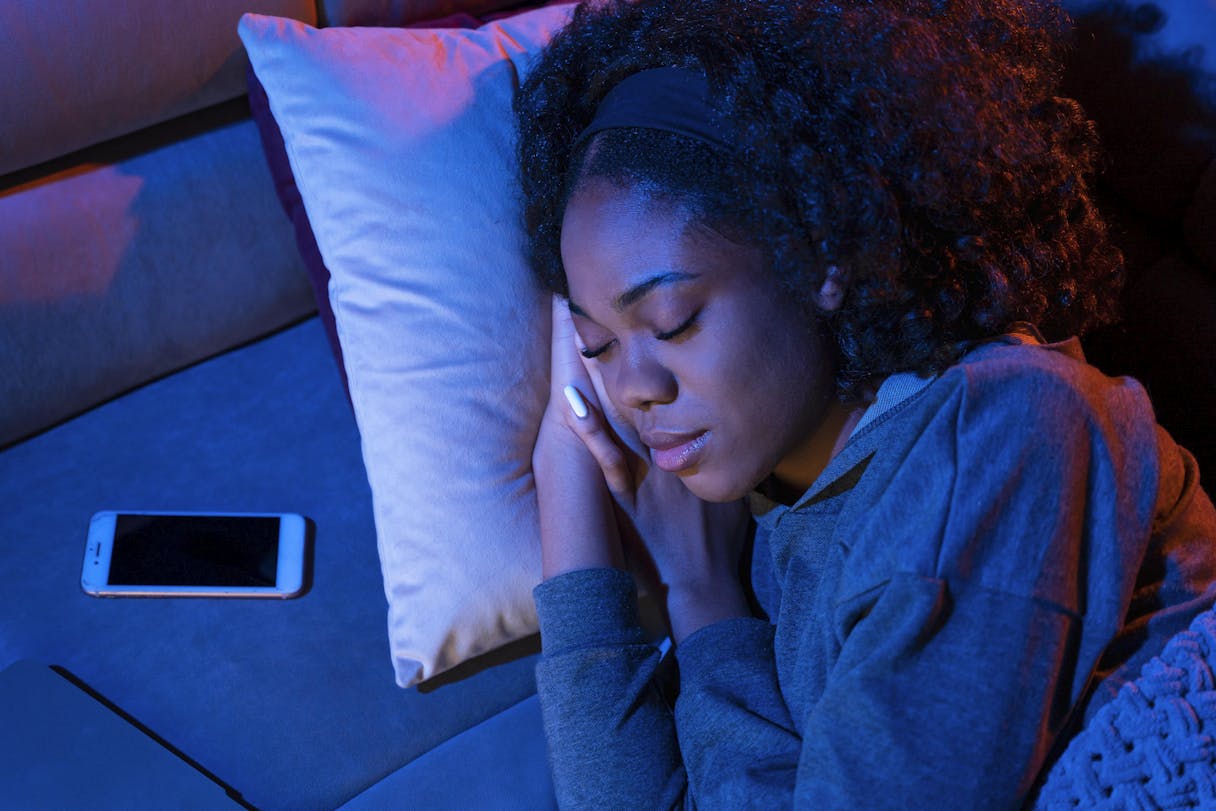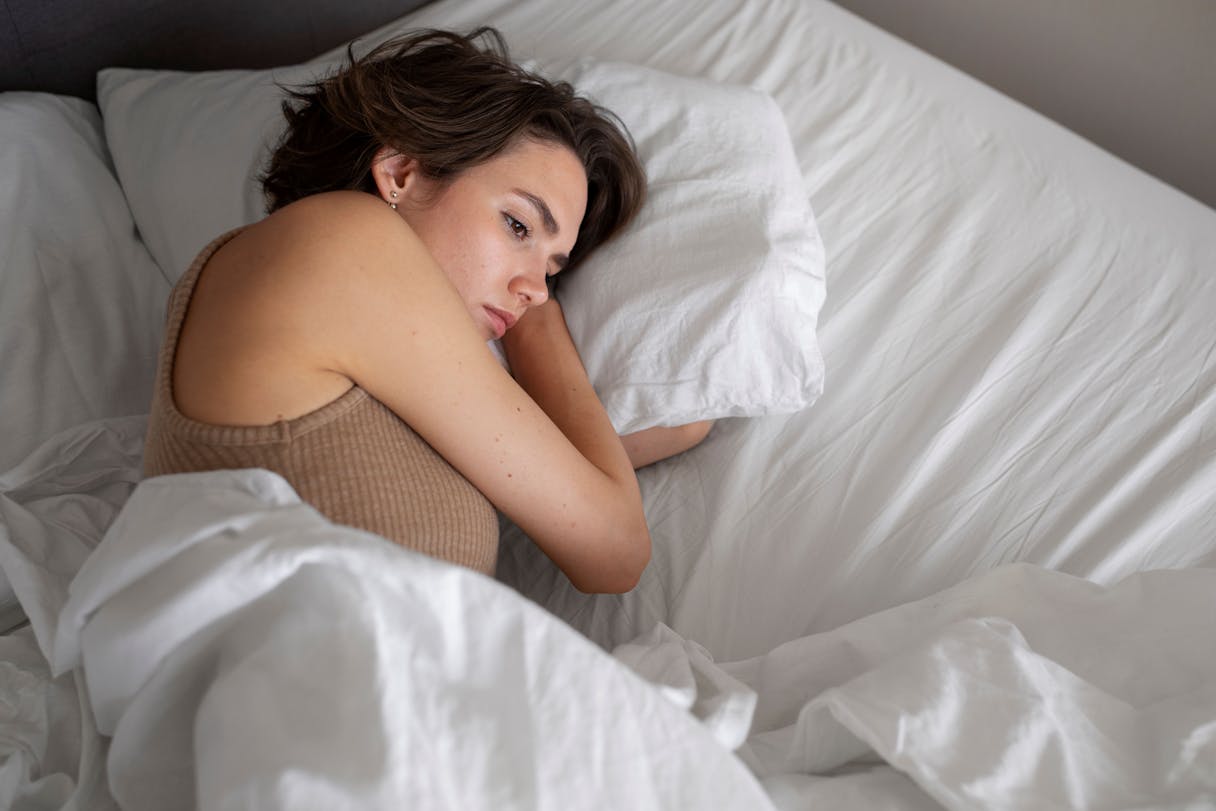Are you having trouble sleeping at night? Or perhaps you experience anxiety and stress throughout the day? If so, a weighted blanket might be just what you need to sleep well and feel better.
In this guide, we’ll discuss the science behind weighted blankets, the benefits of using them, and how to choose the right one for you.
What are weighted blankets?
Weighted blankets are blankets filled with materials such as plastic pellets, glass beads, or rice that provide additional weight and pressure on the body. They are typically heavier than traditional blankets, weighing between 5 and 30 pounds. The added weight of the blanket creates a calming effect known as deep touch pressure (DTP), which can help reduce anxiety and stress and improve sleep quality.
The science behind weighted blankets
The science behind weighted blankets can be broken down into the following:
- Deep Touch Pressure: DTP mimics the feeling of a hug or massage. This gentle, distributed pressure stimulates the nervous system, triggering a cascade of positive effects.
- Parasympathetic nervous system activation: DTP activates the parasympathetic nervous system, responsible for your body's "rest and digest" response. This leads to a decrease in heart rate, blood pressure, and stress hormones, promoting relaxation.
- Neurotransmitter release: DTP also stimulates the release of mood-boosting neurotransmitters like serotonin and oxytocin, further enhancing feelings of calmness and well-being.
The benefits of using weighted blankets
The science behind weighted blankets suggests they can be a valuable tool for improving sleep, as well as managing anxiety and stress.
Improved sleep quality
Weighted blankets are effective in improving the quality and duration of sleep. The deep touch pressure created by the weight of the blanket causes the body to release serotonin and melatonin, which help the body relax and fall asleep faster. Additionally, the pressure can help reduce movements during sleep, leading to less disruption and a more restful slumber.
Reduced anxiety and stress
Weighted blankets have been used to help reduce symptoms of anxiety and stress in both adults and children. The calming effect of deep touch pressure can help reduce feelings of anxiety and promote relaxation. Studies have shown that using a weighted blanket can lead to a decrease in heart rate and blood pressure, reducing the physical symptoms of anxiety.
Choosing the right weighted blanket
When it comes to choosing the right weighted blanket, it is important to consider your body weight and the weight of the blanket. The weight of the blanket should be approximately 10% of your body weight.
For example, if you weigh 150 pounds, your blanket should weigh around 15 pounds. It is important not to choose a weight that is too heavy, as this can cause discomfort and even pain.
Material and care instructions
Weighted blankets are available in a variety of materials, including cotton, polyester, and minky fabric. Choose a material that is soft and comfortable against your skin. Additionally, when caring for your weighted blanket, follow the manufacturer’s instructions to ensure its longevity.
Consult with mental health expert
Weighted blankets offer a promising approach to relaxation and improved sleep for some individuals. While the science is still developing, the potential benefits, particularly for those with sleep disorders, stress, and anxiety, are worth exploring.
If you’re working with a mental health professional, ask them whether a weighted blanket can improve how you feel and possibly alleviate symptoms you may be experiencing. And if you’re looking for a therapist who can help you take care of your mental health, sign up for Cerebral and start meeting with an expert from the comfort of your home and even bed!

Your Comprehensive Guide to Melatonin: Sleep and Mental Health Benefits

Sleep and Mental Health: What is the Connection?

What is Cognitive Behavioral Therapy for Insomnia?

Call 911 if you’re having a
mental health emergency
Text Home to 741-741 if you're in emotional
distress and need immediate support
Call or text 988 Suicide &
Crisis Lifeline. Chat service
is available at 988lifeline.org.